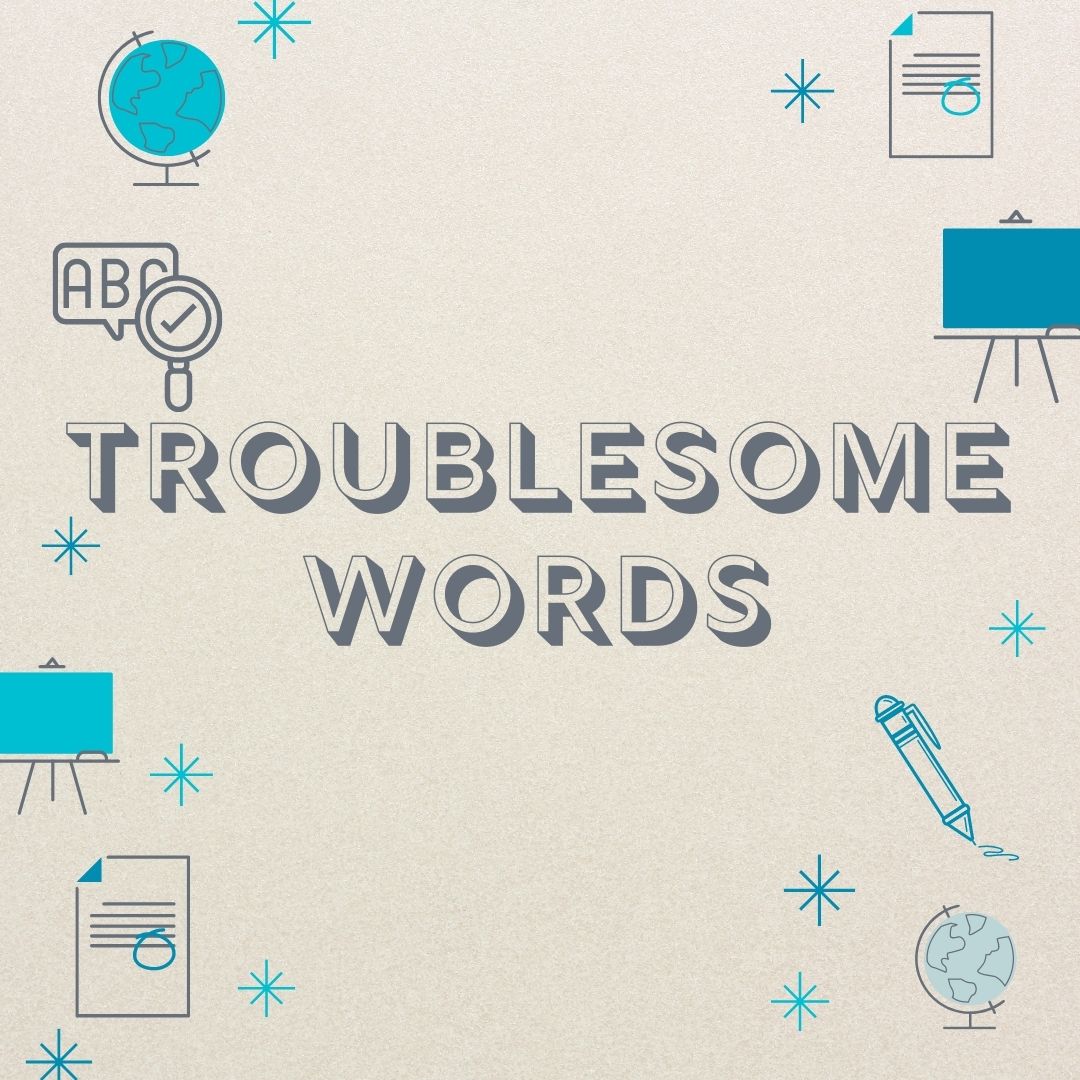By: Charlotte Doane
Research by: Matthew Rochon
What makes a word “troublesome”? Don’t get us wrong—the French words that we call “troublesome” or “tricky” on the English team at Cartier et Lelarge are difficult precisely because of what makes them great. Troublesome words often have multiple meanings or connotations and can work in a variety of different situations, taking on a slightly different nuance each time. They are also used frequently in French, meaning that they come up often in translation. Many of them have an equivalent in English that looks and feels similar but does not possess the same colour, flexibility or even meaning. Language professionals refer to these terms as faux-amis, or false friends. But despite all these troubles, translators always find a way! Today, we delve into the French word réflexion and some of the ways we might translate it (shown in italics).
Troublesome words often have multiple meanings or connotations and can work in a variety of different situations, taking on a slightly different nuance each time.
For English translators, it can be tempting to translate réflexion as reflection or even the verb to reflect. But these words are not as frequent in English as they are in French, except in specific cases where it has the narrower meaning of “think pensively” or “contemplate” (e.g., taking time to reflect, reflecting on the past, careful reflection).
When réflexion refers to the act of thinking, especially in a group setting, a great option is brainstorm. Depending on the context, the réflexion may also be a discussion or simply thinking. For example, we might say that a project has contributed to discussions, that an exercise has provided opportunities to stretch our thinking, or even that something has given us a lot to think about.* When the group’s original purpose is to hold these discussions, we might call it a think tank or focus group.*
When réflexion means sharing one’s thoughts* on a given subject, even more options present themselves. We might be providing comments, opinions, ideas or even criticism*—depending on the specific context. If the thoughts are presented more formally and to a wider audience, it might make more sense to talk about the format, be it a speech, a talk, or a (discussion) paper.*
We hope that these insights have been helpful, shown the thoughtful consideration that language professionals put into our work, and perhaps inspired further inquiry into the topic. As you can see, these suggestions are just food for thought!
*These examples are paraphrased from cases in Cartier et Lelarge’s records in which the French original text (or, in some cases, the French translation) used the term réflexion.



